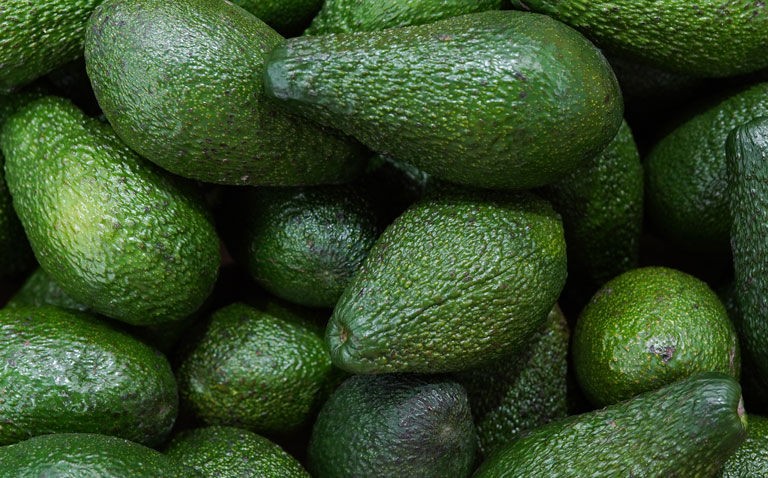Daily avocado intake does not reduce levels of visceral adiposity in comparison to a habitual diet according to a recent randomised trial
A daily avocado added to the diet of individuals with a body mass index (BMI) greater than 30 for a period of 6 months, did not lead to a reduction in visceral adipose tissue (VAT) volume compared to a habitual diet in which consumption was less than 2 avocados per month, according to the findings of a randomised trial by US researchers.
Visceral adiposity which is also referred to as visceral or central obesity, is strongly and positively associated with all-cause, cardiovascular disease and cancer mortality, independently of body mass index.
One factor that can influence the extent of obesity is diet quality. For example, in one comparative study of a typical Western diet, e.g., based on a higher consumption of refined grains, red/processed meats and one based on non-hydrogenated fat, vegetables, eggs and seafood, i.e., with a better diet quality, found that those consuming the Westernised diet were more likely to be obese.
One food associated with a better diet quality is avocado which contains monounsaturated fatty acids, dietary fibre, essential nutrients and various phytochemicals. In fact, one study concluded that avocado consumption was associated with improved overall diet quality and a reduced risk of metabolic syndrome.
Moreover, in a randomised trial with overweight adults, half a daily avocado increased satisfaction by 26% and decreased the desire to eat by 40%. Nevertheless, in another comparative trial in which one group consumed a daily avocado, while there was significant weight loss, a decrease in BMI, total body fat and visceral adipose tissue, there were no differences between the two groups.
In the present study, researchers set out to establish whether daily intake of an avocado for 6 months compared to a habitual diet, could alter visceral adiposity tissue (VAT) volume and various cardiometabolic markers such as the hepatic fat fraction, systemic inflammation and components of the metabolic syndrome in those with an elevated waist circumference.
The study recruited adults aged 25 years and older, with a waist circumference of > 89 cm for women and > 101 cm for men. Participants were randomised to receive either a daily avocado or their usual diet and those in the control diet were instructed to limit avocado intake to less than 2/month.
All participants underwent 2 abdominal MRI scans, one before the study and one after 6 months and the primary outcome was the change in VAT volume based on the MRI assessment.
Daily avocado intake and visceral adiposity
A total of 1008 individuals with a mean age of 50.3 years (72.4% women) were recruited and randomised to avocado (505) or a habitual diet. The overall mean waist circumference was 109 cm and the BMI ranged from 32.9 to 33.2, with a mean VAT of 3.2 litres and a hepatic fat fraction of 9.9%.
After 6 months, the reduction in VAT volume among those taking an avocado was 0.074 litres and 0.057 litres in the habitual diet group which represented a non-significant difference (p = 0.405). Similarly, there was no significant difference in the hepatic fat % (0.58 vs 0,21, p = 0.28) or changes in waist circumference (0.007 vs -0.108, p = 0.603) and the end of the trial.
The only significant changes were in total cholesterol levels (-4.908 vs-1.96, p = 0.026) and for LDL cholesterol (-4.94 vs -2.48, p = 0.038).
Based on these findings, the authors concluded that although diet quality was improved by the addition of a daily avocado, this did not translate into clinically important improvements in either visceral adiposity or other cardiometabolic factors.
Citation
Lichenstein AH et al. Effect of Incorporating 1 Avocado Per Day Versus Habitual Diet on Visceral Adiposity: A Randomized Trial J Am Heart Assoc. 2022










